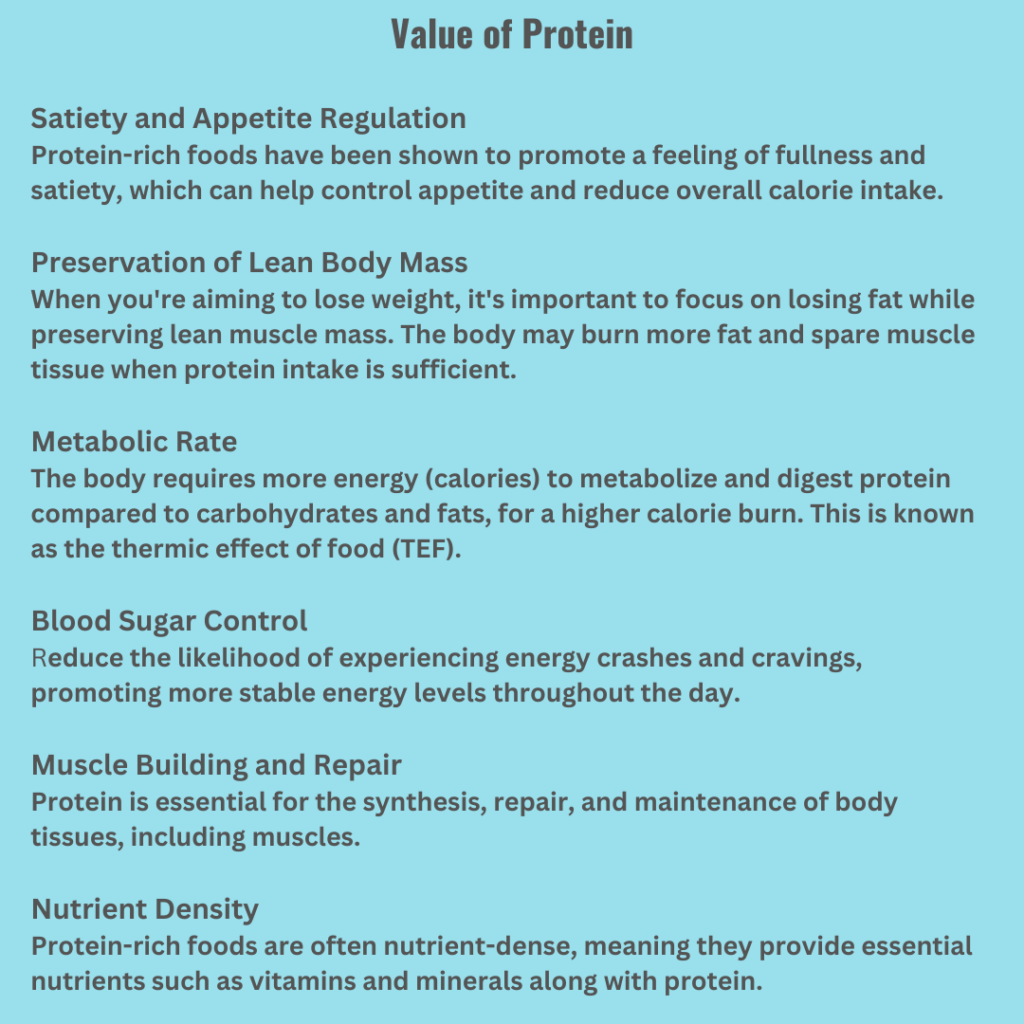This special lipotropics mix is a fat burning combination that includes methionine, inositol, choline, carnitine, and B12. Each of those ingredients helps the body turn fats into energy and are also powerful antioxidants. Lipo-Mino injections also contain a mixture of B vitamins which further help to facilitate fat loss and increase energy. The formula is then completed with ingredients to reduce appetite, build muscle, and support the body’s essential physiological processes.
How does it work?
This formula supports the formation of red blood cells, which play a vital role in transporting oxygen from the lungs to tissues throughout the body, ensuring that cells have the oxygen needed for efficient energy production.

It supports the proper function of mitochondria, aiding in the efficient generation of adenosine triphosphate (ATP), the primary energy currency of cells. The mitochondria are the cellular organelles responsible for energy production.
This formula also provides the fundamental building block for protein and peptides. Proteins are large, complex molecules made up of amino acids linked together by peptide bonds. Protein is essential for the synthesis, repair, and maintenance of body tissues. Proteins are essential for building muscle, metabolic rate, blood sugar control, appetite control and more.
- Pyridoxine (B6) – Promotes red blood cell production and converts fats to energy
- Methionine – Fundamental building block of proteins and peptides
- Inositol – Breaks down fats, controls appetite, regulates blood sugar
- Choline – For cell structure, neurotransmitter synthesis, and metabolism of fats
- Hydroxocobalamin – For energy metabolism, formation of red blood cells
- Thiamine (B1) – converts fat and carbohydrates into energy
- Carnitine – Improves metabolism and energy, reduces recovery time
- Methylcobalamin (B12) – Converts food into energy, production of red blood cells, brain function
Pyridoxine (B6) Converts Fats to Energy, Production of Red Blood Cells
Pyridoxine also known as vitamin B6, is one of the B vitamins that plays a crucial role in various metabolic processes in the body. It’s involved in several functions that are important for overall health and metabolism.
- Metabolism – Pyridoxine is involved in the metabolism of macronutrients, including carbohydrates, proteins, and fats. It helps convert food into energy, essential for overall metabolic function.
- Hormone Regulation – Vitamin B6 is involved in the synthesis of neurotransmitters, including serotonin and dopamine, which can influence mood and appetite.
- Blood Sugar Regulation – Pyridoxine plays a role in glucose metabolism and helps regulate blood sugar levels. Balanced blood sugar levels can contribute to stable energy levels and can help control cravings.
- Hemoglobin Production – Vitamin B6 is involved in the production of hemoglobin, the protein in red blood cells that carries oxygen throughout the body. Proper oxygen transport is important for energy production during physical activity.
- Amino Acid Metabolism – Pyridoxine is crucial for the metabolism of amino acids, the building blocks of proteins. It plays a role in the conversion of amino acids, such as tryptophan, into neurotransmitters like serotonin, which can influence mood and energy levels.
Methionine the Fundamental Building Block for Protein and Peptides

Methionine is an essential amino acid, meaning that the body cannot produce it and it must be obtained from the diet. It plays a critical role in various physiological processes, and its benefits extend to several aspects of health including weight management.
- Protein Synthesis – Methionine is a fundamental building block for proteins. It is the initiating amino acid in the synthesis of proteins, and it provides the amino group necessary for the formation of peptide bonds. Proteins are large, complex molecules made up of amino acids linked together by peptide bonds.
- Fat Metabolism – Methionine is involved in the metabolism of fats. It plays a role in the synthesis of phosphatidylcholine, a component of cell membranes and lipoproteins. Some studies suggest that adequate methionine levels may support lipid metabolism.
- Lipid metabolism – Refers to the processes by which the body manages lipids, which are a diverse group of molecules that include fats, oils, phospholipids, and steroids. Lipids serve various functions in the body, including energy storage, insulation, cushioning of organs, and serving as structural components of cell membranes. Disruptions in lipid metabolism can contribute to various health conditions, including dyslipidemia, obesity, and metabolic syndrome.
Inositol for the Breakdown of Fats, Appetite Control
Inositol, sometimes referred to as Vitamin B8, is a naturally occurring compound that is chemically similar to glucose. It plays a role in various cellular functions and is involved in the metabolism of fats.
- Fat Metabolism – Inositol is involved in the breakdown of fats. Some studies suggest that it may play a role in lipid metabolism, which impacts the storage and utilization of fats in the body.
- Insulin Sensitivity – Inositol has been investigated for its role in improving insulin sensitivity. Improved insulin sensitivity can contribute to better blood sugar regulation, affecting weight management.
- Appetite Regulation – Inositol is involved in the signaling pathways related to neurotransmitters like serotonin. Some research suggests that inositol may influence mood and appetite.
Choline for Metabolism of Fats, Liver Health
Choline is an essential nutrient that plays a crucial role in various physiological functions, including cell structure, neurotransmitter synthesis, and metabolism of fats.
- Fat Metabolism – Choline is involved in the metabolism of fats. It plays a role in the transport and metabolism of lipids, helping to prevent the accumulation of fats in the liver and supporting the breakdown of fats for energy.
- Acetylcholine Synthesis – Choline is a precursor to acetylcholine, a neurotransmitter that plays a role in nerve signaling and muscle function. Proper neurotransmitter function is important for various physiological processes, including those related to energy metabolism.
- Liver Health – Choline is necessary for the synthesis of very low-density lipoproteins (VLDL) in the liver, which are involved in transporting fats. Adequate choline levels contribute to the proper processing and export of fats from the liver.
Hydroxocobalamin for Energy Metabolism, Formation of Red Blood Cells

Hydroxocobalamin is one of the forms of vitamin B12, a vitamin that plays a crucial role in various physiological functions, including neurological function, and DNA synthesis. Vitamin B12 is involved in energy metabolism. One of its key roles is to support the production of red blood cells and the conversion of food into energy. A deficiency in vitamin B12, including hydroxocobalamin, can lead to a condition known as pernicious anemia, which is characterized by fatigue, weakness, and anemia due to the inability to absorb sufficient vitamin B12 from the diet.
- Energy Metabolism – Hydroxocobalamin is involved in the metabolism of macronutrients (carbohydrates, fats, and proteins) to produce energy. Hydroxocobalamin is involved in the metabolism of fatty acids and amino acids, which are essential components of energy production. It acts as a cofactor for enzymes that facilitate these metabolic processes.
- Red Blood Cell Formation – Vitamin B12, including hydroxocobalamin, is necessary for the synthesis of DNA and the maturation of red blood cells. Red blood cells transport oxygen to cells and tissues, and proper oxygen transport is crucial for energy production during physical activity.
- Neurological Function – Vitamin B12 is important for maintaining the health of the nervous system, including the brain. Neurological symptoms associated with a deficiency may include fatigue, weakness, and difficulty concentrating—factors that can impact overall energy levels and vitality.
Thiamine Converts Fats and Carbohydrates Into Energy

Thiamine, also known as vitamin B1, plays a critical role in energy metabolism. It is an essential nutrient that the body needs to convert food, especially carbohydrates, into energy. Thiamine is essential for energy production in the body.
- Conversion of Carbohydrates to Energy – Thiamine is a coenzyme in the conversion of carbohydrates, particularly glucose, into energy through a series of biochemical reactions. These reactions occur in the cells’ mitochondria, the powerhouse of the cell, where energy in the form of adenosine triphosphate (ATP) is produced.
- ATP Synthesis – Thiamine is a key component in the synthesis of ATP, which is the primary molecule that stores and transfers energy within cells. Adequate thiamine levels are essential for efficient ATP production.
- Citric Acid Cycle (Krebs Cycle) – Thiamine is involved in the citric acid cycle, a series of chemical reactions that take place in the mitochondria. This cycle is a central part of cellular respiration, where the breakdown of nutrients (such as carbohydrates, fats, and proteins) occurs to generate energy.
- Nervous System Function – Thiamine is crucial for the proper functioning of the nervous system, including the brain. The brain is highly energy-dependent, and thiamine is needed for the metabolism of glucose, its primary energy source.
Carnitine Improves Metabolism and Energy, Reduces Recovery Time
Carnitine, also known as L-carnitine, is a naturally occurring compound found in the body and in certain foods. It plays a crucial role in the production of energy by transporting fatty acids into your cells’ mitochondria, where they can be oxidized to generate adenosine triphosphate (ATP), the body’s primary source of energy.

- Energy Production – The primary role of carnitine is to transport fatty acids into the mitochondria, allowing them to be burned for energy. This process is particularly important during periods of increased energy demands, such as physical activity.
- Exercise Performance and Recovery – Some studies suggest that carnitine supplementation may enhance exercise performance and improve recovery by increasing the use of fat for energy during prolonged exercise. This potential benefit is of interest to athletes and individuals engaged in regular physical activity.
- Fat Metabolism – Carnitine is involved in the metabolism of fats. It helps the body utilize fat stores as an energy source, which may be beneficial for individuals looking to manage body weight or improve body composition.
- Heart Health – Carnitine has been studied for its potential cardiovascular benefits. It may have a positive impact on factors such as blood pressure, cholesterol levels, and overall heart function.
- Brain Function – Some studies suggest that carnitine may have cognitive benefits and could potentially support brain function.
- Glucose Metabolism – Carnitine has been investigated for its potential role in improving insulin sensitivity and glucose metabolism.
Methylcobalamin Converts Food Into Energy, Production of Red Blood Cells
Methylcobalamin is one of the active forms of vitamin B12, a vitamin that plays a crucial role in various physiological processes in the body. It’s necessary for the conversion of food into energy and the formation of red blood cells.

- Energy Production – Vitamin B12, including its methylcobalamin form, is essential for the metabolism of macronutrients (carbohydrates, fats, and proteins). It helps convert food into energy by assisting in the synthesis of adenosine triphosphate (ATP), the primary energy currency of cells. Methylcobalamin is a cofactor for enzymes involved in the conversion of homocysteine to methionine, a process essential for the synthesis of DNA and proteins. Additionally, it participates in the conversion of methylmalonyl-CoA to succinyl-CoA, a key step in the breakdown of certain fatty acids and amino acids for energy.
- Red Blood Cell Formation – Vitamin B12 is necessary for the formation of red blood cells. Methylcobalamin, in particular, plays a key role in supporting the maturation of red blood cells in the bone marrow. Red blood cells play a vital role in transporting oxygen from the lungs to tissues throughout the body, ensuring that cells have the oxygen needed for efficient energy production.
- Neurological Health – Methylcobalamin is important for the health of the nervous system. It participates in the synthesis of myelin, the protective sheath around nerve fibers, and helps maintain nerve function. Proper nerve function is crucial for the transmission of signals, including those related to muscle contraction and overall coordination. Deficiencies in vitamin B12 can lead to neurological symptoms, including tingling sensations and numbness.
- Cognitive Function – Vitamin B12, including methylcobalamin, has been studied for its potential role in cognitive function. Adequate levels of B12 are important for memory, concentration, and overall cognitive health.
- Mood and Emotional Well-being – Some research suggests that vitamin B12 may play a role in mood regulation, and deficiencies have been linked to symptoms of depression and anxiety. Methylcobalamin, as an active form of B12, is involved in neurotransmitter synthesis.
- Mitochondrial Function – The mitochondria are the cellular organelles responsible for energy production through the process of oxidative phosphorylation. Methylcobalamin supports the proper function of mitochondria, aiding in the efficient generation of adenosine triphosphate (ATP), the primary energy currency of cells.
Lipo-Mino intramuscular injection is available at our clinic and you can also get prefilled shots to go. Contact us to get started.